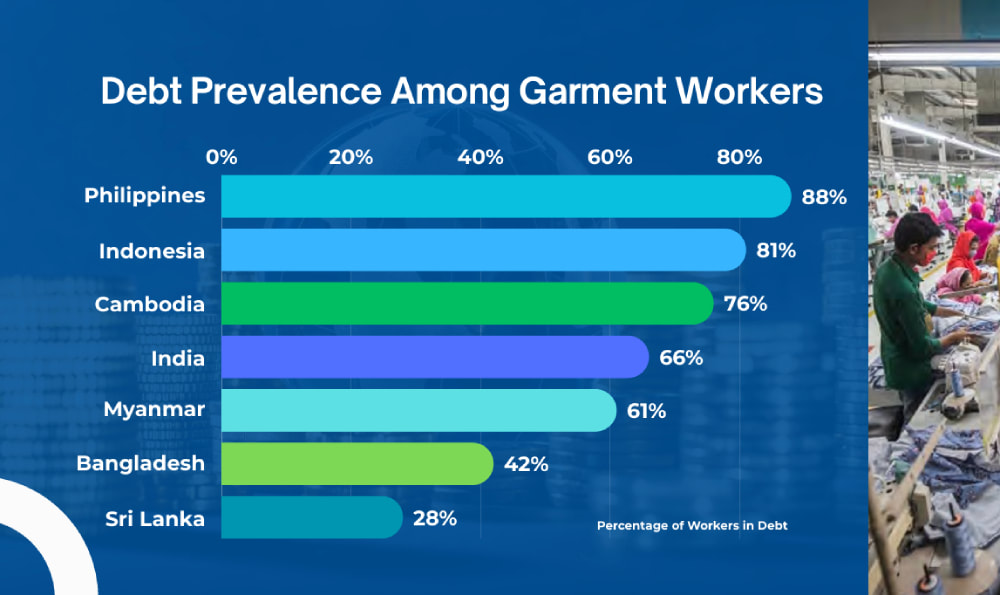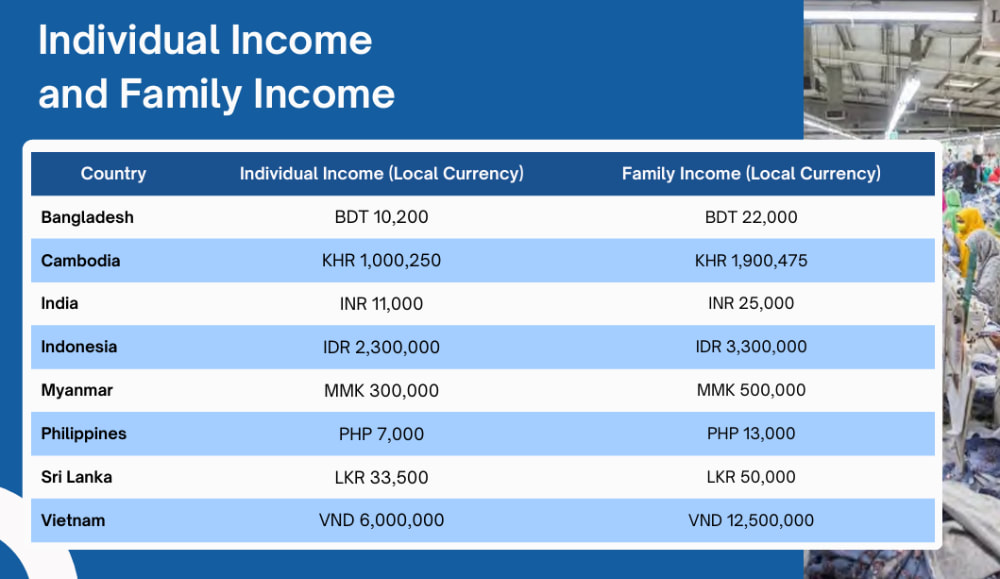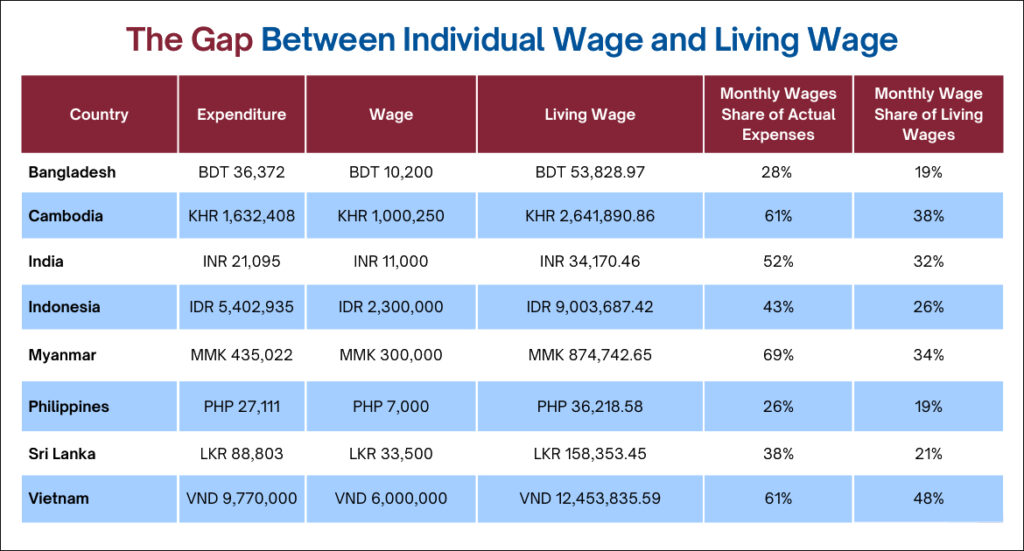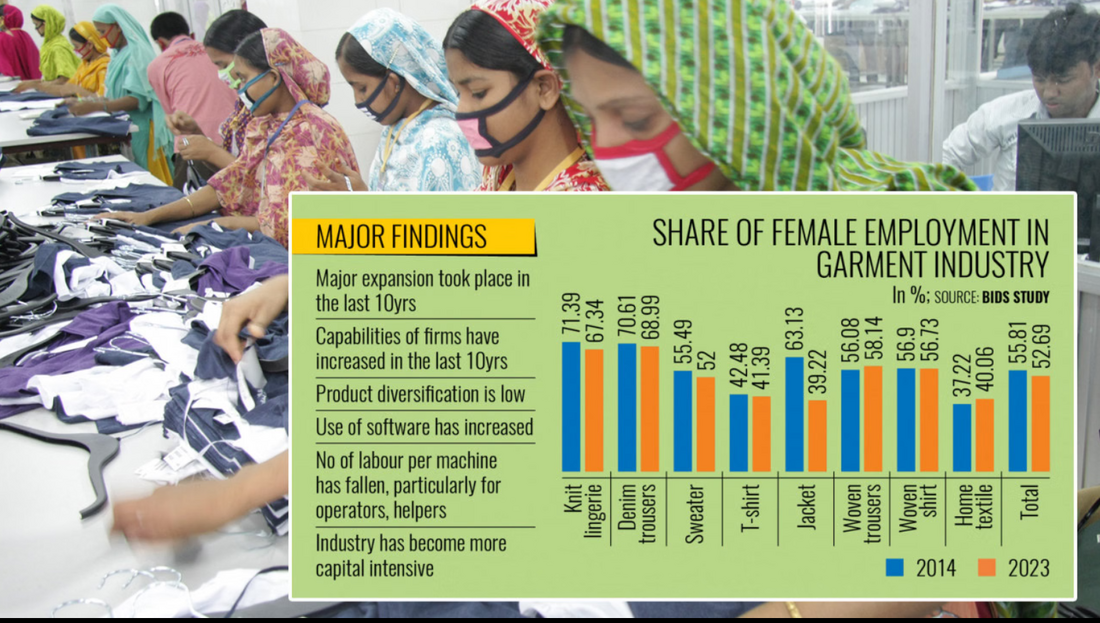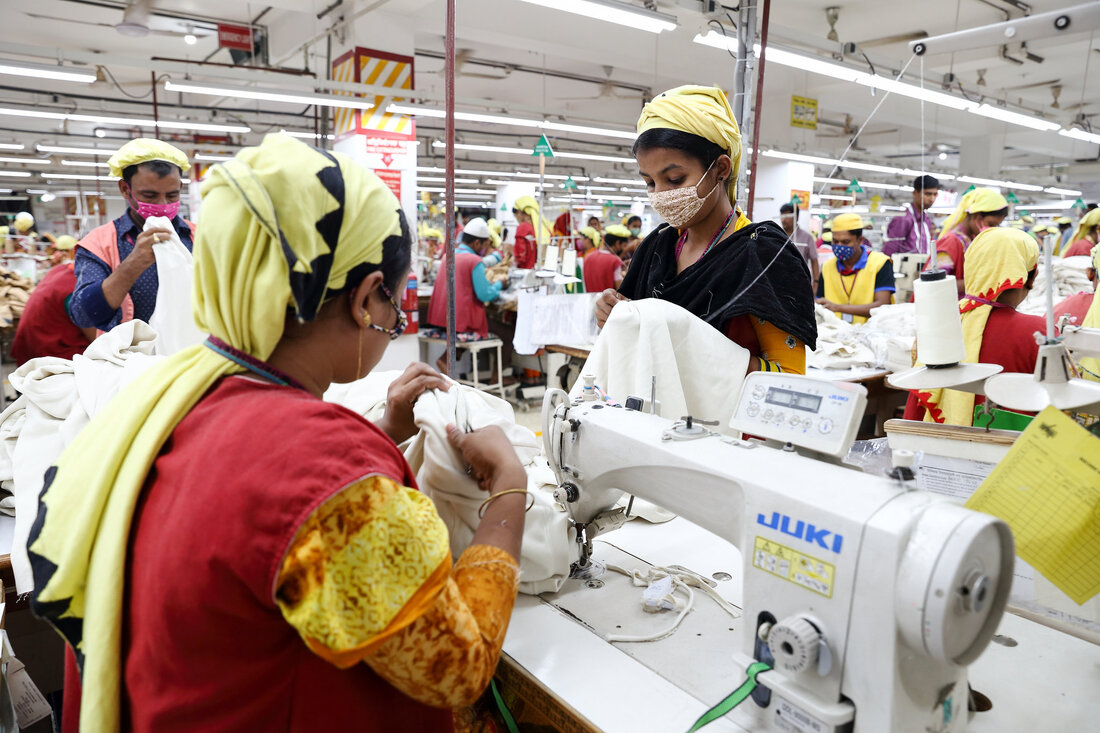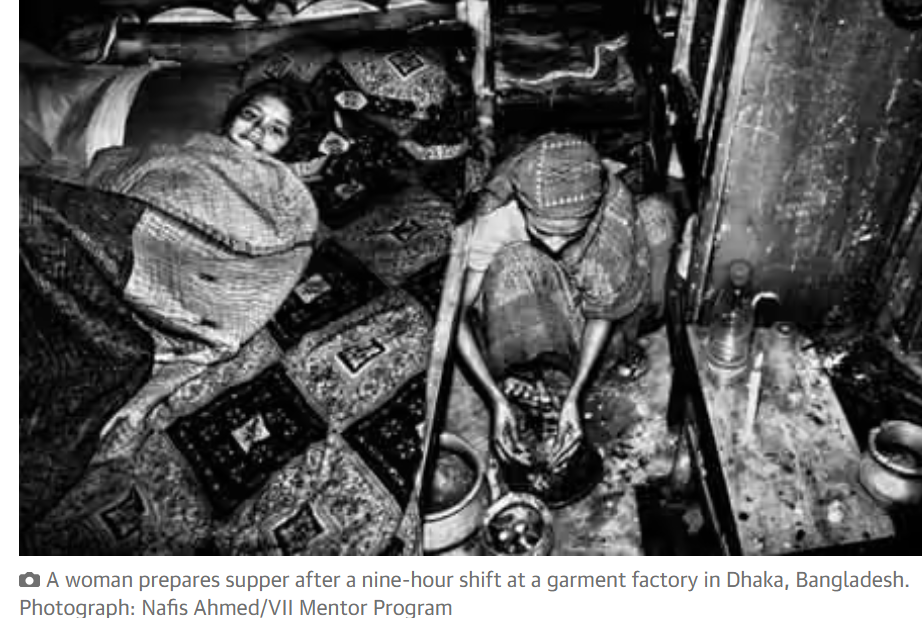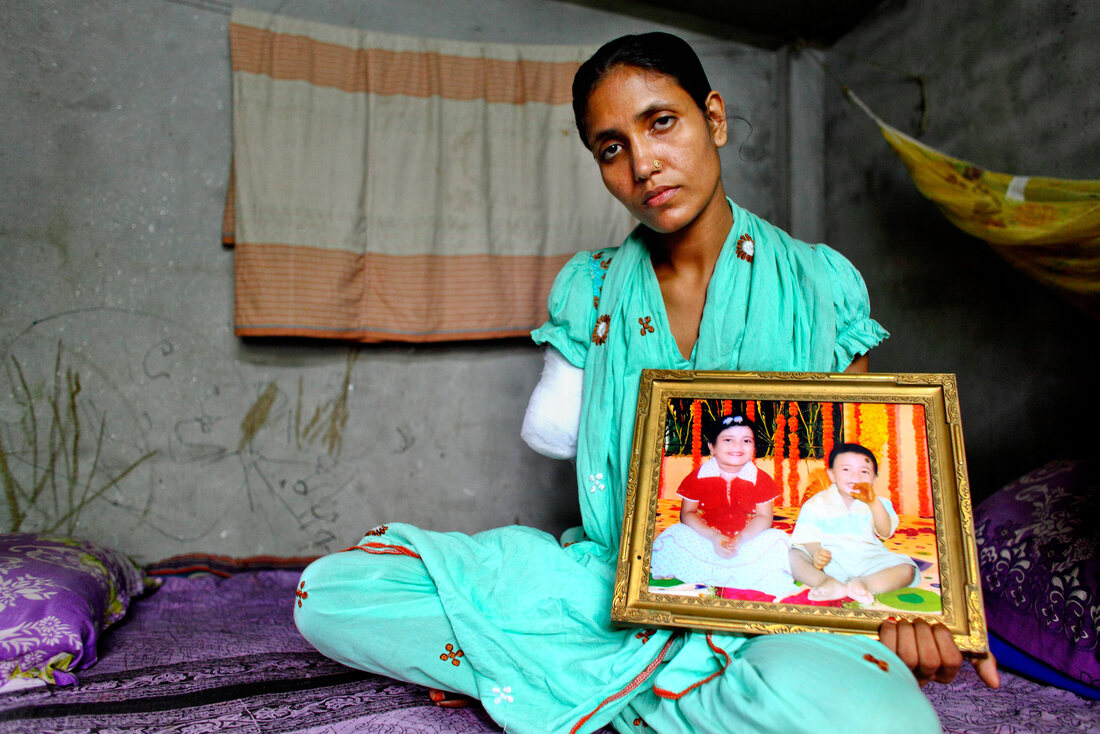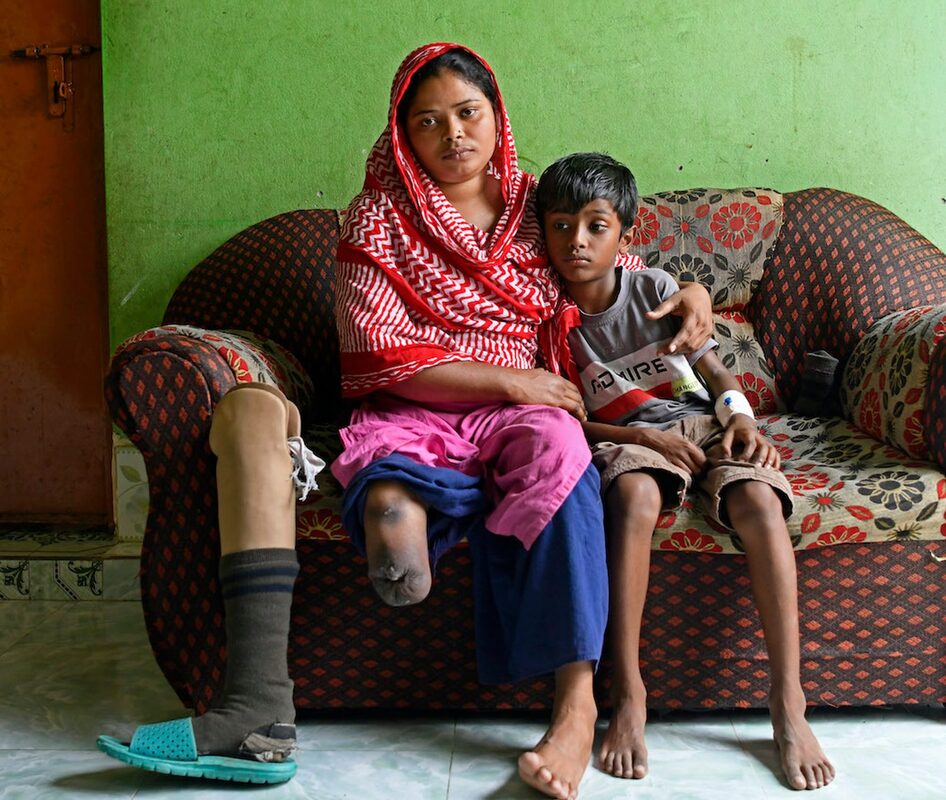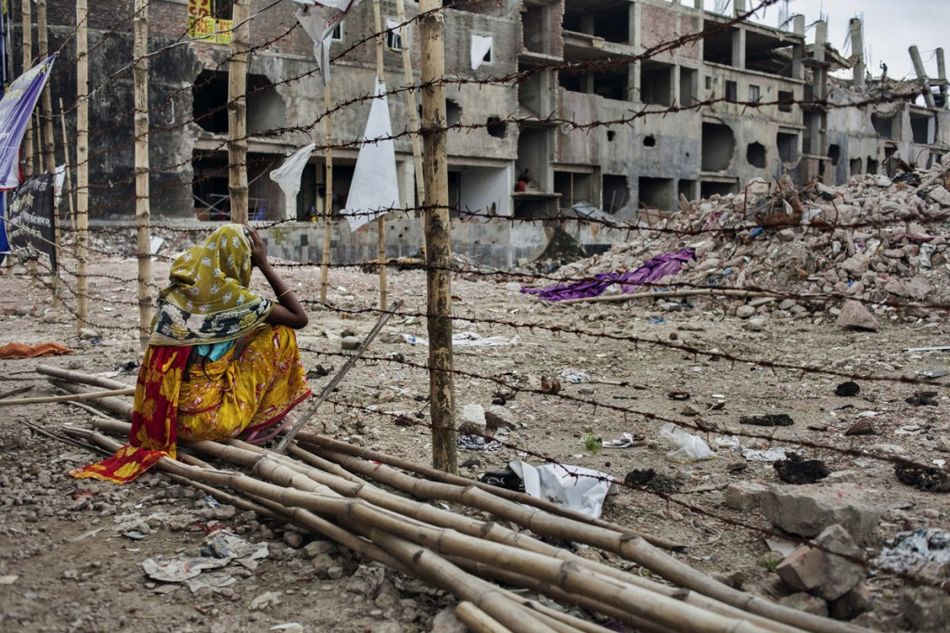10.10.2025
Bangladesh: Over Half a Million Garment Workers Living In 'Inhumane Conditions' Due to Factory Closures
Local ready-made garment (RMG) industry in Bangladesh is facing major challenges due to the recent internal instability, conflicts in global geopolitics, fuel price hike in and cotton price fluctuation in the international market. Many garment factories in Gazipur industrial area have already been closed, turning many workers to jobless. Laid-off workers are facing difficulties to maintain their families. Even, some are getting involved in crime. As a result, incidents of theft and robbery are increasing in Gazipur. Factory workers say that their factories are facing closure due to various reasons including lack of work orders, lack of money, banking complications and worker dissatisfaction. Retrenched workers also say that they are not even getting their outstanding salaries properly. Meanwhile, at least 51 factories have been closed in Gazipur in the last five months following July-August changeover. More than half a million workers have been in trouble due to the closure of these factories. They are living in inhuman conditions after losing their jobs. On the other hand, in many garment companies, workers have pending wages ranging from 2 months to 14 months, leading them to take to the streets in protest. The garment sector is the backbone of Bangladesh's economy. This industry earns 84% of the country's foreign exchange every year. Additionally, it provides direct employment to 5 million and indirect employment to 15 million people. The notable aspect is the significant participation of women in this industry. However, the current crisis has shaken this entire system.
Credit: TRTWORLD
Credit: TRTWORLD
Poverty deprives people of adequate education, health care and of life's most basic necessities- safe living conditions (including clean air and clean drinking water) and an adequate food supply. The developed (industrialized) countries today account for roughly 20 percent of the world's population but control about 80 percent of the world's wealth.
Poverty and pollution seem to operate in a vicious cycle that, so far, has been hard to break. Even in the developed nations, the gap between the rich and the poor is evident in their respective social and environmental conditions.
Poverty and pollution seem to operate in a vicious cycle that, so far, has been hard to break. Even in the developed nations, the gap between the rich and the poor is evident in their respective social and environmental conditions.
